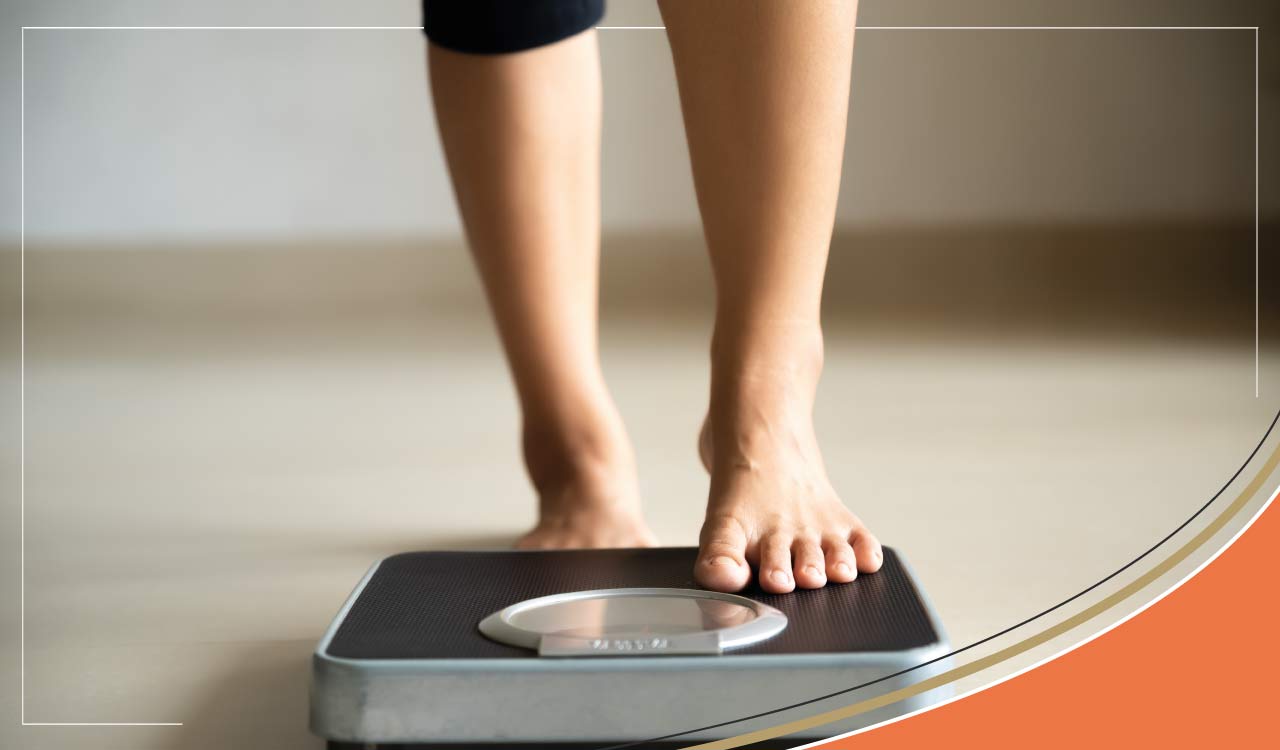High cholesterol diagnosis and lowering cholesterol

What is Cholesterol?
Cholesterol is a fatty substance found in all cells in the body, and can also be found in certain foods (mainly eggs, dairy, and meat). It has three primary purposes:
- To form part of the cell membrane
- To help produce steroid hormones and vitamin D.
- To help in digestion of foods by producing bile acids and assisting the body to absorb dietary fats.
Cholesterol is synthesised within your body but what you eat can also have an effect on its production. The most significant influence on cholesterol synthesized by the body comes from saturated fat. Consumption of excess dietary fat increases blood cholesterol. Too much cholesterol can increase your risk of coronary disease, ischaemic & haemorrhagic strokes, transient ischaemic attack (TIA) and other illnesses.
Cholesterol and Lipoproteins
Cholesterol is produced in the liver then carried around the body through the bloodstream as a component of lipoproteins.
Lipoproteins are made up of a surface and an inner core, both of these being water-soluble. Here are some of the most commonly known lipoproteins:
- Chylomicrons (formed from dietary fat and cholesterol in the intestine before being transported as triglycerides to cells for use as energy).
- Very Low-Density Lipoproteins (VLDL). Formed in the liver, they send triglycerides to targeted areas (e.g. adipose tissue, skeletal muscle) for use as energy or storage. Health conditions such as diabetes mellitus, underactive thyroid or hypertriglyceridaemia will show high plasma levels of VLDLs in tests.
- Low-Density Lipoproteins (LDL). These account for approximately 70% of plasma cholesterol and their primary role is to transport cholesterol from the liver to the tissues. When it reaches the cell, LDL is broken into free cholesterol and amino acids. High LDL blood levels are linked to an increased risk of developing coronary heart disease.
- LDL is “bad cholesterol” as high levels can lead to a build-up of plaque on the artery walls known as atherosclerosis.
- High-Density Lipoproteins (HDL), formed in the liver, these are commonly recognised as “good cholesterol” as they transport excess cell tissue cholesterol to the liver for disposal. Low HDL plasma levels are often associated with a higher risk of coronary heart disease.
What do high cholesterol and triglyceride levels mean for your health?
Hyperlipidaemia is the term that describes high levels of either cholesterol or triglycerides or both of these together in the blood. It is associated with increased risk of angina, ischaemic & haemorrhagic strokes, peripheral arterial disease and a heart attack since plaque builds up on the artery walls preventing blood flow to areas such as the heart and brain.
How is high cholesterol diagnosed?
Cholesterol levels are measured by taking a blood sample either with a syringe or by using a blood testing meter. The sample is often taken after 10-12 hours of fasting so that test results won’t be affected by any food you are still digesting. However, the non-HDL test which measures total cholesterol minus HDL cholesterol does not require you to fast beforehand.
Cholesterol tests are routinely carried out if:
- You have a diagnosis of coronary heart disease/ischaemic & haemorrhagic strokes/peripheral arterial disease or transient ischaemic attack (TIA)
- You are over 40 years of age
- You have a family history of early cardiovascular disease or familial hypercholesterolaemia
- You suffer from conditions such as diabetes, high blood pressure pancreatitis or underactive thyroid
- You are overweight or obese
Your level of risk of developing cardiovascular disease can be calculated by taking the following factors into account:
- cholesterol test results,
- treatable conditions (e.g. diabetes, high blood pressure),
- gender, age, family history and ethnicity.
High Cholesterol and High Sugar Diets
There are a number of lifestyle changes that can contribute to lowering cholesterol levels:
- By modifying your diet.
- The Saturated fat good or bad debate
- If you smoke, stop.
- Lose excess weight.
- Exercise regularly.
- If you drink alcohol, do this in moderation.
- Reduce sugar
Modifying your diet
No matter whether you have eaten unhealthily for a number of years, you can improve your heart muscle with the following dietary changes:
- Avoid Trans fats such as is found in margarine, fried food, cakes and pastries.
- Eat foods that contain Omega 3 fatty acids as these can increase your good cholesterol (HDL), reduce your triglycerides which, can in turn, lower your blood pressure. You can find Omega 3 in almonds, walnuts, flaxseeds or fish such as salmon, mackerel or herring.
- Increasing your intake of soluble fibre (e.g. oats, fruit, and vegetables) as they can help to lower LDL (bad cholesterol).
- Add whey protein to your diet (can lower LDL and overall cholesterol level)
The Saturated Fat Debate:
In 2013, a respected London cardiologist (Aseem Malhotra) wrote in the British Medical Journal that you should ignore advice to reduce saturated fat intake, because doing so may lead to obesity and heart disease.
And in March 2014, a new study reported in the Annals of Internal Medicine, took data acquired from 80 studies and more than a half million people, to show that consuming higher amounts of saturated fat led to no more heart disease than consuming less. Nor, they reported, were so-called “healthy oils”, even olive oil resulting in less heart disease. In fact, their conclusions suggest that fat may well have been wrongly deemed a significant factor in heart disease.
It is increasingly accepted by many nutritionists that it is sugar that raises your risk for heart disease by creating “metabolic syndrome” ( high blood pressure, insulin and leptin resistance, high triglycerides, liver dysfunction, and visceral/ particularly abdominal fat accumulation).
Exercise, sleep, less stress, a balanced gut and avoiding chemical processing in foods and the environment is now thought to play a more significant role than was previously thought. Furthermore, Cholesterol is Beneficial and necessary for optimum health.
Cholesterol plays such an essential role in the body that having too little cholesterol may negatively impact hormone levels, the risk of disease and more. Therefore, placing a very low upper limit on dietary cholesterol is increasingly being investigated and questioned.
Suggestions for lowering cholesterol
If you smoke, quit smoking - Quitting smoking can bring about a range of health benefits. In the short-term, your blood pressure and heart rate will decrease but after a year, your risk of heart disease is halved and by continuing to stop, your risk continues to decrease.
Lose Excess Weight - Making the above changes to your diet will help in losing excess weight. If you’re carrying only a few extra pounds, the extra weight can still contribute to high cholesterol levels. However, even losing 5-10% will help cholesterol levels to improve.
Exercise regularly - Making a few changes to ensure you exercise each day will help to increase good cholesterol (HDL), lower blood pressure, reduce diabetes risk, and reduce heart disease risk.
If you drink alcohol, do this in moderation - Too much alcohol can increase your risk of stroke, high blood pressure and heart failure whilst increasing cholesterol levels.
Reduce refined sugar intake - A new study concluded that a high sugar created a significant increase in the risk of heart attacks compared to low sugar diets. This study of more than 40,000 people, published in JAMA Internal Medicine, took in to account ALL other risk factors including calorie intake, diet quality, smoking, cholesterol, high blood pressure, obesity and alcohol. archinte.jamanetwork.com...articleid=1819573
 Fast Delivery - 1-4 Working Days
Fast Delivery - 1-4 Working Days
 Free Delivery for all orders to France
Free Delivery for all orders to France
 Read Thousands of Independent Reviews
Read Thousands of Independent Reviews
















